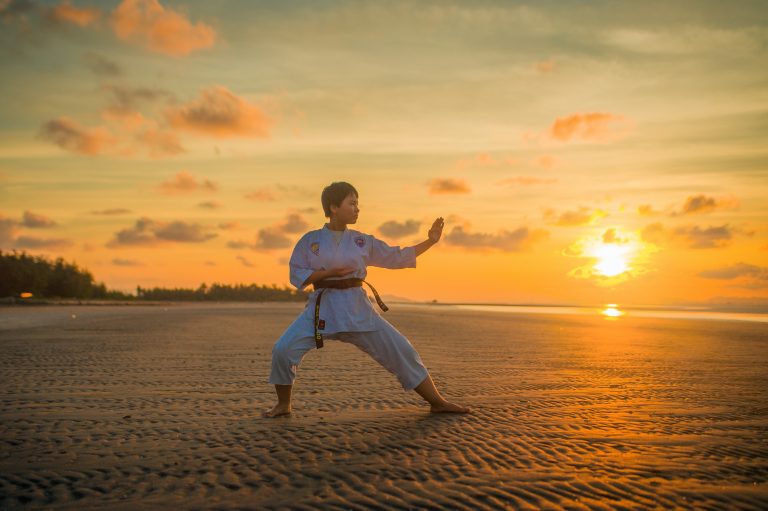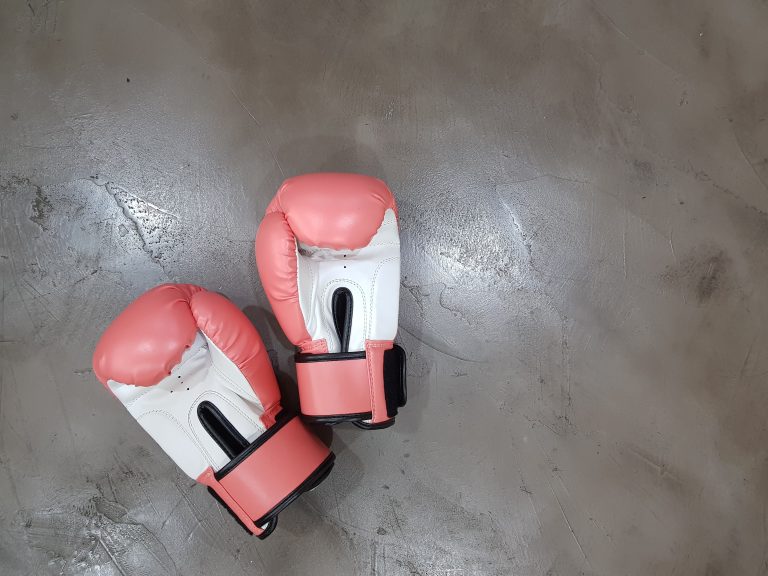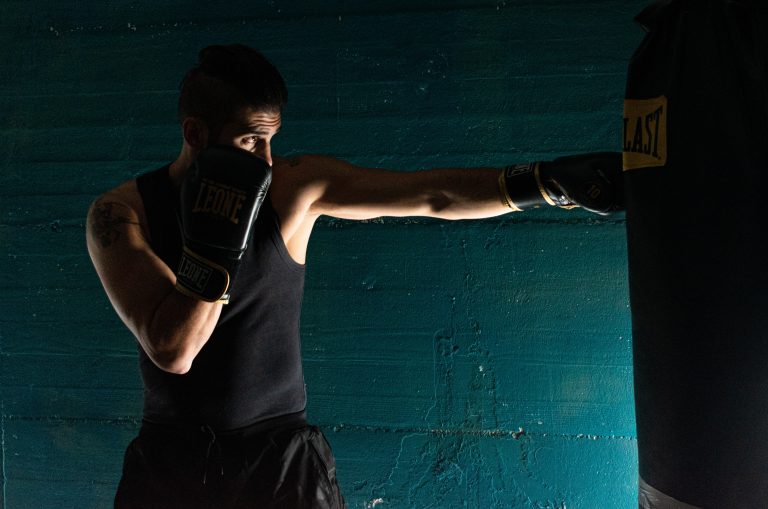The Benefits of Practicing Karate
Karate is an ancient Japanese martial art that utilizes unarmed techniques such as throwing, striking and grappling. Technically, karate can be very complex, but it is also an incredibly rewarding martial art to practice. Not only does it improve physical health and well-being, it also helps cultivate mental discipline and emotional balance. Here, we look at some of the most important benefits of practicing karate.
Improved Flexibility and Muscle Tone
Karate is a full-body workout and includes a variety of stretching exercises to not only increase flexibility but also create muscle tone and improve balance. The practice of karate leads to better coordination, more strength and greater range of motion, which can be beneficial for both practical self-defense purposes and for daily movement. By increasing core strength and muscular endurance, karate helps to improve posture, reduce aches and muscles strains, and prevent injuries from occurring.
Better Mental Focus and Discipline
Karate requires a great deal of mental focus and discipline in order to master the techniques, sequences and kata (forms). It requires mental application in order to properly execute the techniques, as well as the ability to learn complex movements and strategies. The concentration needed to accurately perform karate and develop the skill over time can help to sharpen mental focus and foster discipline. This can lead to improved concentration in day-to-day activities, increased patience and better problem-solving skills.
Enhanced Self-Defense Skills
The self-defense skills learned in karate are not only practical for defending against attackers but also useful for increased awareness in everyday life. Through the study of karate, students become more aware of their surroundings, as well as more adept at avoiding dangerous situations. This type of mental preparation may not only be useful for self-defense purposes but can also serve to boost confidence and self-esteem.
Stress Relief
Karate is also effective at relieving stress, anxiety and depression. The physical exercise and mental focus of karate not only burn off excess energy, they also help to distract from negative thoughts, allowing the practitioner greater peace of mind. Karate can also help to promote relaxation, reduce muscle tension and improve sleep quality.
Music and Culture
Traditional martial arts styles like karate often involve the study of music and culture that can be both educational and enjoyable. Practices such as memorizing historical figures, developing etiquette for performances or simply understanding the symbolic meaning behind the patterns of motion can be enlightening as well as entertaining.
Community Support
Karate is a team sport that relies on mutual respect among practitioners and encourages collaboration and socialization. This sense of camaraderie is one of the hallmarks of karate culture, where members work together to support one another both on and off the mat. Training with members of the same dojo or club reinforces the spirit of martial arts training, making it a great way to form friendships while developing self-discipline.
Conclusion
As a martial art, karate is both practical and educational. The physical training helps to improve strength, flexibility and muscle tone while the mental aspect promotes focus, discipline and emotional balance. In addition, the study of karate teaches valuable self-defense skills and helps reduce stress levels. As a community activity, it allows individuals to form meaningful relationships with other martial artists in a supportive environment. All in all, the potential benefits of practicing karate far outweigh any perceived drawbacks; making it a worthwhile art to incorporate into your life.
The Benefits of Practicing Karate: FAQs
Karate is a martial art that originated in Okinawa, Japan in the early 1900s. It is a great form of physical exercise that offers many benefits, from improving fitness and flexibility to increasing self-confidence and self-esteem. In this post, we will answer some of the most frequently asked questions about the benefits of practicing karate.
1. What are the physical benefits of practicing karate?
Karate is a full-body workout that targets all major muscle groups. It improves cardiovascular health, endurance, strength, and flexibility. Practicing karate can help you to:
- Build lean muscle mass
- Increase bone density
- Burn calories and lose weight
- Improve agility, speed, and balance
- Strengthen the core muscles
- Enhance overall fitness and stamina
2. What are the mental benefits of practicing karate?
Karate is not just about physical exercise, but also mental training. It can help you to:
- Develop focus, concentration, and discipline
- Reduce stress and anxiety
- Boost self-confidence and self-esteem
- Improve problem-solving skills and decision-making ability
- Cultivate a positive attitude and resilience
- Enhance self-awareness and mindfulness
3. Can karate help to achieve self-defense skills?
Yes, karate is one of the most effective forms of self-defense that teaches you how to defend yourself against physical attacks. It equips you with the skills to protect yourself and your loved ones from potential threats. Through practicing karate, you will learn how to:
- Strike and kick with power and precision
- Block and evade attacks
- Improve situational awareness and risk assessment
- Develop effective countermeasures
- Shotokan Karate
- Goju-ryu Karate
- Wado-ryu Karate
- Shito-ryu Karate
- Uechi-ryu Karate
4. What are the different styles of karate?
There are many different styles of karate, each with their unique techniques, philosophies, and training methods. Some of the most popular styles of karate include:
5. How long does it take to learn karate?
The duration of learning karate can vary depending on your goals, commitment, and individual progress. If you are training for basic knowledge and self-defense, it may take 1-2 years to earn a black belt. However, if you are interested in becoming an expert in the sport and art of karate, it may take several years of dedicated practice to achieve a high level of proficiency.
6. What is the best age to start learning karate?
Karate can be learned by people of all ages, but it is recommended to start at an early age for maximum benefits. Kids as young as four years old can start learning karate. However, older adults can also start learning at any time in their life to reap the physical and mental benefits of karate.
7. Is karate safe?
As with any physical activity, there is always a risk of injury when practicing karate. However, with proper instruction and supervision, the risk can be minimized. Karate instructors are trained to provide safe and effective training, and they teach proper techniques and safety rules to prevent injuries.
8. How can I find a karate school or instructor?
To find a karate school or instructor near you, you can search online or ask for recommendations from friends or family who practice martial arts. Visit the school or instructor before signing up to observe a class, meet with the instructor, and ask any questions you may have. Choose a school or instructor that focuses on safety, proper techniques, and individual progress.
Conclusion
Practicing karate offers numerous physical and mental benefits, including improved fitness, flexibility, self-defense skills, and self-confidence. By learning karate, you can develop focus, concentration, discipline, and resilience that can be applied in all areas of life. Consider starting your karate journey, and experience these benefits first-hand.
Inhaltsverzeichnis






